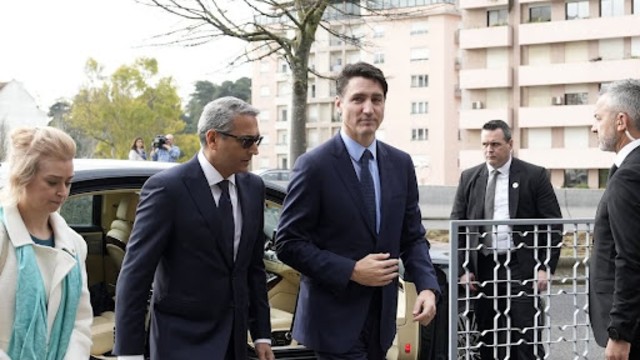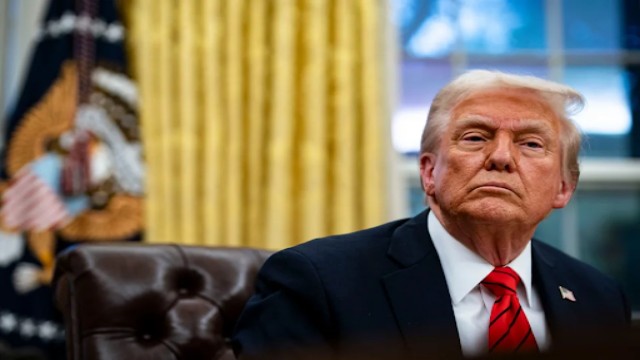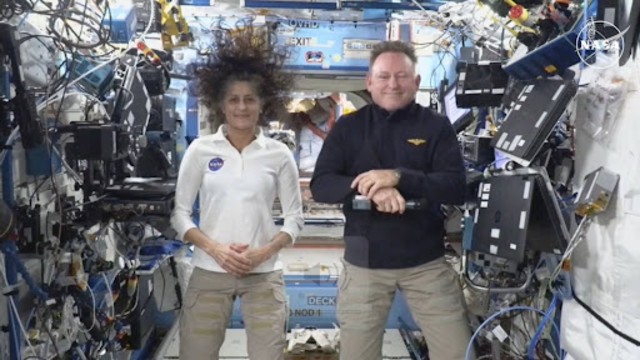
Rachel Aiello provides a report from Paris on what to anticipate during Trudeau’s last international visit as prime minister.
Canadian Prime Minister Justin Trudeau has put clean energy for artificial intelligence (AI) at the top of the G7 agenda. As Canada leads the group this year, Trudeau emphasized the need to generate more electricity to fuel AI innovation—without sacrificing the fight against climate change.
Speaking in Paris at a roundtable hosted by the Canadian ambassador, Trudeau stressed that the world must expand power infrastructure at the pace of AI development. He championed nuclear energy as a vital solution, ensuring AI’s growth aligns with global climate goals. The discussion included representatives from major tech companies like Amazon, Dell, and IBM, along with Canadian and French officials.
“We must guarantee innovators have access to clean, reliable energy to power AI while staying committed to climate action,” Trudeau said. “This requires rapid infrastructure development, with nuclear playing a key role.”
Beyond increasing power supply, Trudeau urged global leaders to explore ways to curb AI’s rising electricity demands. AI’s computational needs continue to surge, making energy efficiency a crucial challenge.
At a later event with French President Emmanuel Macron, Trudeau emphasized the urgency of addressing AI’s energy impact. He argued that now is the time to decide how AI can be powered cleanly and efficiently, without reversing climate progress.
Beyond energy, Trudeau also stressed the importance of ensuring equal AI access worldwide. He warned that just as some regions still lack electricity, delayed AI adoption in developing nations could deepen inequalities, leading to global tensions.
The AI Action Summit in Paris, hosting nearly 100 world leaders and 1,000 stakeholders, offers Canada an opportunity to showcase its AI leadership. Experts say Canada has played a pivotal role in shaping responsible AI policies. Florian Martin-Bariteau, a technology and society expert at the University of Ottawa, noted Canada’s key contributions, citing the 2017 Montreal Declaration on AI ethics and the 2020 Canada-France Global AI Partnership, now integrated with the OECD.
However, despite its reputation in AI governance, Canada has faced criticism for lagging in commercializing AI innovations. While the Liberal government has promoted its AI regulatory bill, some critics argue that slow progress in Parliament may jeopardize its passage before the upcoming election.
The global conversation around AI safety has intensified since the emergence of generative AI, such as ChatGPT. Recent summits in the UK and South Korea have focused on AI risks, leading world leaders to commit to building AI safety institutes. Canada launched its own AI Safety Institute last November, aligning with similar global efforts.
A major reference point for AI safety discussions is a report led by Canadian AI pioneer Yoshua Bengio. Released in January, it highlights risks such as bias, privacy breaches, and the potential for AI-driven cyber threats. Bengio’s findings are expected to shape discussions at the Paris summit.
Trudeau aims to solidify Canada’s AI stance as the summit unfolds, balancing innovation with sustainability. The world will be watching to see how Canada leads this transformative era.















